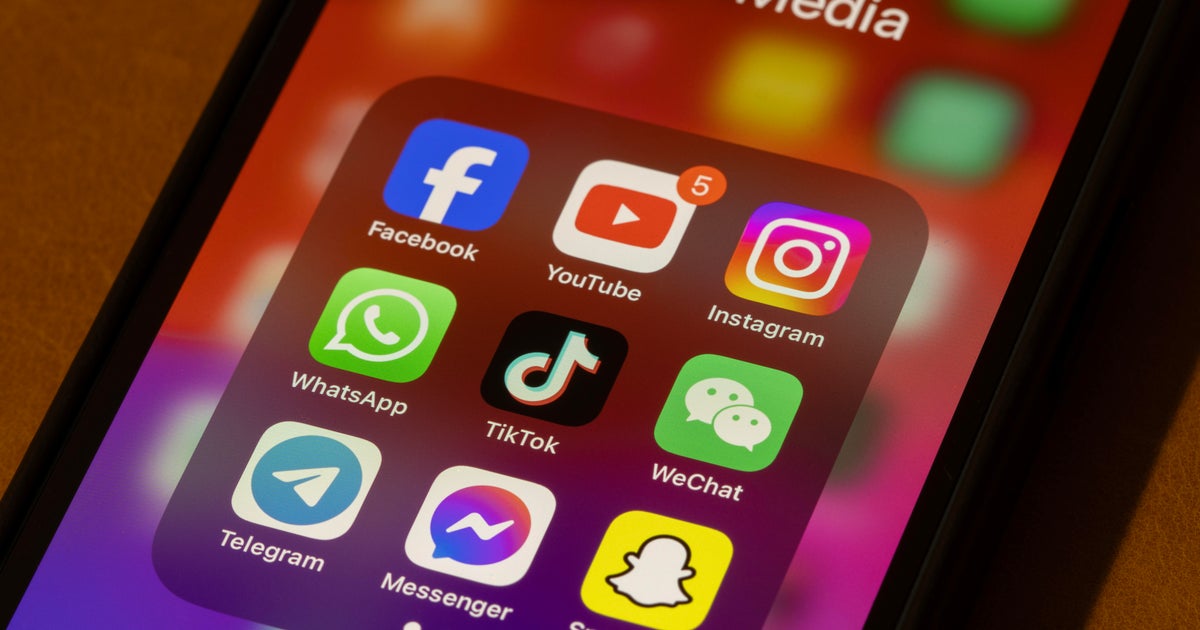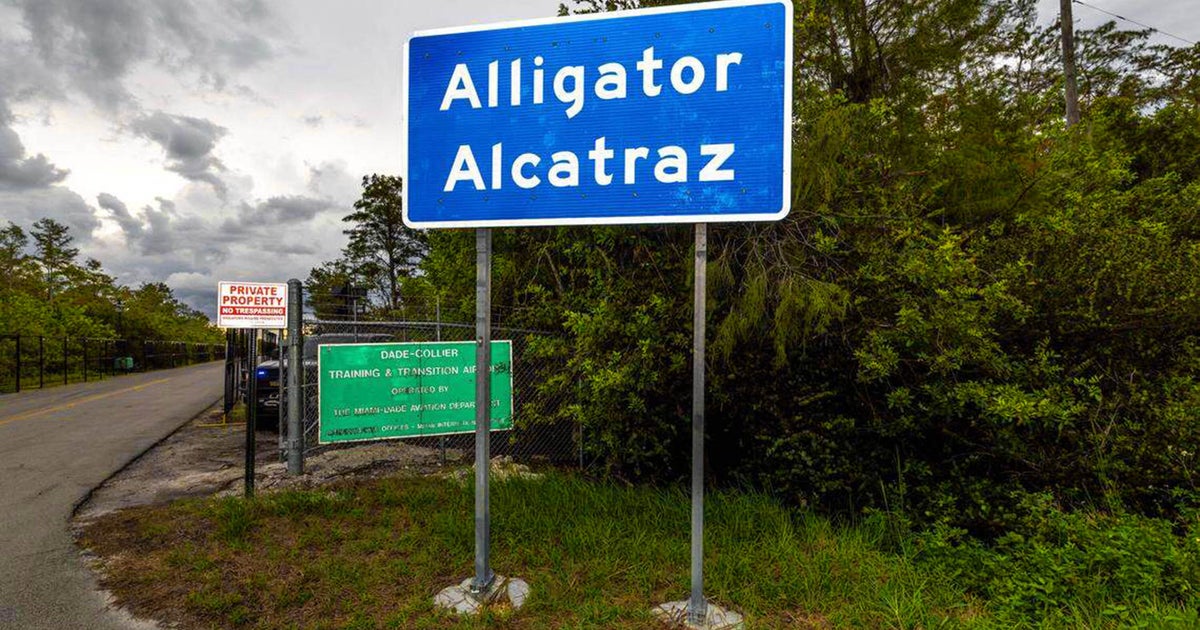A divided federal appeals court Tuesday ruled that Florida can begin enforcing a 2024 law aimed at preventing children from having access to certain social media platforms, rejecting arguments that the measure violates First Amendment rights.
A panel of the 11th U.S. Circuit Court of Appeals, in a 2-1 decision, granted the state’s request for a stay of a preliminary injunction that U.S. District Judge Mark Walker issued in June to block the law (HB 3). Tuesday’s decision means the state can enforce the law while a legal battle continues to play out, with Attorney General James Uthmeier quickly posting on X that “HB 3 is now the law of the state and will be enforced.”
The law prevents children under age 14 from opening accounts on certain platforms, which court documents indicate could include platforms such as Instagram, Snapchat, Facebook and YouTube. Parents would have to give consent for 14- and 15-year-olds to have accounts on the platforms.
Supporters of the law, one of the biggest issues of the 2024 legislative session, contend that the targeted platforms have addictive features that harm children’s mental health. The majority of the appeals-court panel rejected Walker’s conclusion that the law likely violated the First Amendment.
“Rather than blocking children from accessing social media altogether, HB 3 simply prevents them from creating accounts on platforms that employ addictive features,” Judge Elizabeth Branch wrote in the 26-page majority opinion joined by Judge Barbara Lagoa. “And even among such platforms, the law narrows its focus to those that have evidenced significant usage by children and young teens. The district court erred in holding otherwise.”
In dissent, judge says adults, too, will be affected
But Judge Robin Rosenbaum, in a 29-page dissent, called the law “plainly unconstitutional on its face” and said it also will affect adults, who will be subject to age verification to have accounts on the targeted platforms.
“As it’s written, the act purports to regulate the speech of everyone who uses the covered social media websites,” Rosenbaum wrote. “For minors, it acts as a categorical ban on speech (and access to speech) on covered social media platforms. And it forces the platform to demand identifying information from all users, including adults. In doing so, it chills countless users’ speech on deeply personal, political, religious and familial matters, reaching the heart of what the First Amendment was designed to protect in the first place.”
The industry groups NetChoice and the Computer & Communications Industry Association filed the lawsuit last year in federal court in Tallahassee. The group’s members include companies such as Google, Meta Platforms and Snap Inc., the operator of Snapchat.
Law temporarily enforced while legal battle plays out
The state went to the Atlanta-based appeals court after Walker issued the preliminary injunction. While Tuesday’s ruling allows the law to be at least temporarily enforced, it did not resolve the underlying battle about the injunction.
“Briefing (on the preliminary injunction) has finished, and we look forward to the opportunity to explain the law’s constitutional problems to the court directly,” Paul Taske, co-director of the NetChoice Litigation Center, said in a prepared statement Tuesday. “We will consider all available options to ensure Floridians’ online communication is safe and free. Florida’s censorship regime not only violates its citizens’ free speech rights but also makes all users, especially minors, less safe.”
The law did not name platforms that would be affected. But it includes criteria such as whether platforms’ features include infinite scroll and autoplay.
The appeals court’s majority opinion said the law was “content neutral.”
“And plaintiffs do not point to any language in the statute or other evidence that the Florida Legislature’s justification for passing the law was related to the suppression of speech or disagreement with certain topics or viewpoints,” Branch wrote. “Instead, they argue that ‘HB 3 targets websites based on the social subject matter of the material they disseminate.’ But HB 3 defines social media platforms by reference to a form of expression, not a subject matter.”
But Rosenbaum wrote that the law is “content-based,” saying, for example, it doesn’t apply to streaming services that include many of the same features as the targeted platforms.
“For instance, platforms like YouTube and Snapchat are covered, but websites like Hulu and Disney+ are not,” Rosenbaum wrote. “And the act determines whether a platform is covered based on what content that platform permits. Generally speaking, if a platform involves public user-to-user speech, then the platform is covered; if it doesn’t, it’s not.”
— News Service senior writer Dara Kam contributed to this report.



